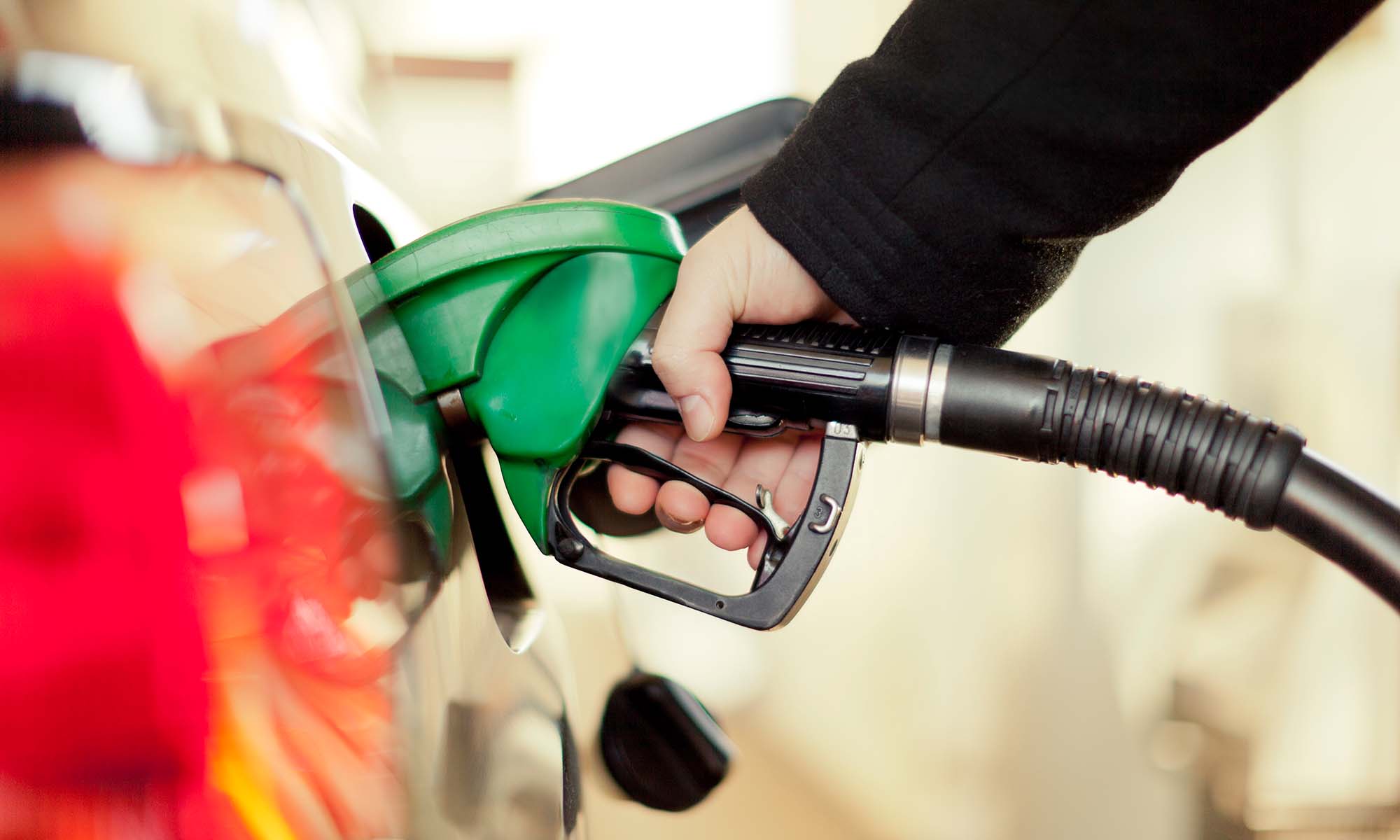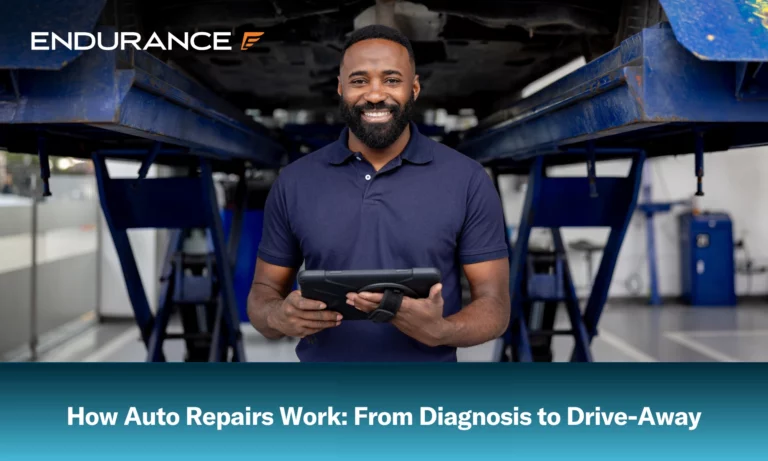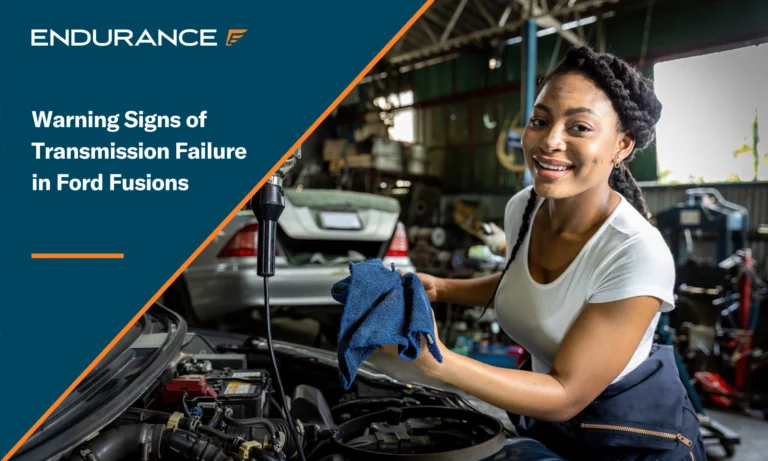I Put the Wrong Gas in My Car. Now What?

If you’re an avid driver, filling up the tank is something you probably do at least once every week or so. But, while it may seem like a pretty simple task, if you find yourself in a rush to get back on the road and you’re not paying attention at the gas station, you could end up picking up the wrong nozzle and putting the wrong type of gas in your car vehicle.
But, while putting the wrong gas in your car may seem like a harmless mistake, depending on your vehicle type and what type of gas you put in it, you can cause serious damage to your car’s engine. So understanding what to do if this happens to you can help ensure you don’t spend hundreds or thousands on costly auto repairs.
What Type Of Gas Does My Car Take?
When purchasing a vehicle, whether it’s new or used, it is essential to familiarize yourself with the type of gas it takes. Most vehicles, though, are likely to accept 87 octane gasoline, also known as regular gas, or higher. However, there are a few exceptions.
For example, a diesel vehicle will have a diesel engine (of course) that will require you to only put diesel fuel in the tank. Some sports cars or higher-performance vehicles may require you to use 93 octane fuel, which is often referred to as “premium gas,” “premium fuel,” or “premium unleaded gas,” depending on the gas station. Overall, this high octane fuel is required in these high-performance vehicles due to their higher compression engines.
To find out what type of fuel your vehicle takes, you will need to check your vehicle’s owner’s manual. This handy book is usually located in the glove box and can help you understand the ins and outs of your vehicle, from its recommended maintenance schedule to the type of gas it takes and the additional features it may have. Some vehicles may even have the type of fuel required on a decal inside your fuel door. This can be helpful to remind you when you’re at the pump and not familiar with the vehicle, like if you’re driving a rental vehicle, like the ones you can be reimbursed for as an Endurance customer.
What Happens If I Use The Wrong Gas In My Car?
Using the wrong gas for your car can cause problems as small as lowering your car’s performance to larger damages such as complete engine failure, though it will depend on what fuel you use when you put gas in the tank.
For cars that call for 87 octane gas, using 89, 91, or 93 will not be an issue. These vehicles can use these higher octanes and won’t be at any risk of damage. However, don’t think using a higher octane gas will help your vehicle perform better, as your vehicle will run exactly the same as it would with its intended gasoline.
If your vehicle calls for 93 octane gas, and you use a lower octane rating fuel at a gas station, you can experience a few issues. For starters, you will likely see poorer engine performance. You’ll also likely experience pinging or changes in the fuel detonation and engine misfirings, which can damage your engine and even cause overheating.
If you use a completely different fuel, such as putting diesel fuel in a regular gas engine or vice versa, you can have an even larger problem on your hands as this can cause your engine to fail, costing you thousands of dollars to replace depending on your vehicle.
What Should I Do If I Filled Up With The Wrong Gas?
If you fill up with the wrong type of gas, you will want to take action immediately. By taking the following steps, you’ll be able to protect your vehicle from severe damage:
1. Stop Filling The Tank
If you notice that you are filling your tank with the wrong fuel while still pumping, stop immediately. Limiting the fuel in the gas tank will help you limit the cost of fixing the issue.
2. Keep The Car Turned Off & Disconnect Your Battery
Keep the car turned off to prevent any possible engine damage. You can even take extra precautions by disconnecting your battery to help prevent your fuel pump from turning on accidentally.
3. Push The Car Away From The Pump If You Can
Since you will not want to start your vehicle, you won’t be able to drive it away from the pump. Still, you will need to move your car to help it be accessible to any tow truck or roadside assistance you may be calling. Plus, the gas station attendants will appreciate you not taking up one of their pumps for an extended duration.
4. Call A Tow Truck
Unless you’re an ASE Certified mechanic, you’re going to need a professional to remove the fuel from your gas tank. And since you can’t start your car to drive it, you’ll need to get it towed to a local mechanic’s shop. Be sure to let the town truck know what happened and if you have disconnected the battery.
5. Have Your Car’s Tank Professionally Drained & Flushed
Once your car is at your local mechanic’s shop, fill them in on the situation before having them assess it more thoroughly. In most situations, they will drain and flush out your fuel tank and fuel system to remove remnants of the fuel. This will allow you to keep your car’s engine safe and ensure your fuel system is clean to avoid other potential issues.
Save on Unexpected Car Repairs with Endurance
Adding the wrong type of fuel to your vehicle, like putting a low octane gas in a high-performance vehicle, can be detrimental if not caught early enough, so it is important to pay attention when filling up your car.
One small mix-up can cause your engine to fail, ruining your road trip or commute and costing you hundreds if not thousands of dollars. But, by understanding why you need to use the right gas in your vehicle and the steps to take in case you use the wrong kind, you can help ensure your vehicle is protected from these kinds of costly auto repairs. And like protecting your car’s engine if you use the wrong fuel in the gas tank, it’s also essential to protect your vehicle when it comes to unexpected breakdowns and repairs, especially if you don’t have an active factory warranty to help you.
With an Endurance auto protection plan, you can get coverage from unexpected breakdowns and repairs for your car’s most vital components, including the engine, transmission and more. But, like any auto insurance contract, Endurance won’t be able to help you with repairs caused by misfuelling your vehicle. However, if you use the wrong gas, don’t worry because as an Endurance customer, you can use your complimentary 24/7 roadside assistance and towing service to get your car to your local mechanic shop ASAP. And if your repairs take longer than expected and you’re in the middle of a road trip, on your way to work or have errands to run, Endurance can help with trip interruption coverage and rental car reimbursement that also come with any Endurance auto protection plan.
Request a free, no-obligation quote or call our award-winning customer care team at (800) 253-8203 to customize an Endurance auto protection plan to fit your specific needs and budget, including plans starting as low as $79/month. And to find even more helpful car care tips and other DIY maintenance tips, or articles on other topics like road trip planning guides, extended warranty coverage comparisons and more, be sure to visit the Endurance blog today.













Since the age of 16, Keith has been immersed in the automotive industry, beginning his career by helping his dad fix vehicles at a young age. Keith now owns his own family-run, ASE Certified repair shop, A+ Autocare. At his shop, he focuses on building trusting relationships with his community through exceptional customer service. Read more about Keith.